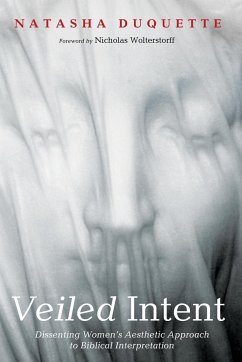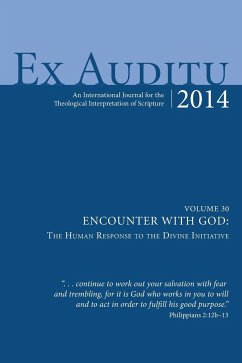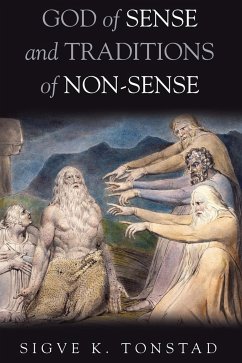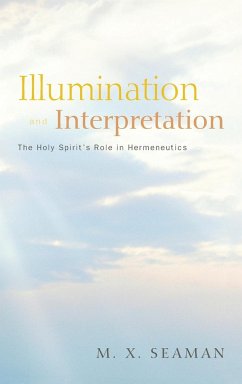
Veiled Intent
Versandkostenfrei!
Versandfertig in 1-2 Wochen
30,99 €
inkl. MwSt.
Weitere Ausgaben:

PAYBACK Punkte
15 °P sammeln!
How were eighteenth-century dissenting women writers able to ensure their unique biblical interpretation was preserved for posterity? And how did their careful yet shrewd tactics spur early nineteenth-century women writers into vigorous theological debate? Why did the biblical engagement of such women prompt their commitment to causes such as the antislavery movement? Veiled Intent traces the pattern of tactical moves and counter-moves deployed by Anna Barbauld, Phillis Wheatley, Helen Maria Williams, Joanna Baillie, and Mary Anne Schimmelpenninck. These female poets and philosophers veiled pr...
How were eighteenth-century dissenting women writers able to ensure their unique biblical interpretation was preserved for posterity? And how did their careful yet shrewd tactics spur early nineteenth-century women writers into vigorous theological debate? Why did the biblical engagement of such women prompt their commitment to causes such as the antislavery movement? Veiled Intent traces the pattern of tactical moves and counter-moves deployed by Anna Barbauld, Phillis Wheatley, Helen Maria Williams, Joanna Baillie, and Mary Anne Schimmelpenninck. These female poets and philosophers veiled provocative hermeneutical claims and calls for social action within aesthetic forms of discourse viewed as more acceptably feminine forms of expression. In between the lines of their published hymns, sonnets, devotional texts for children, and works of aesthetic theory, the perceptive reader finds striking theological insights shared from a particularly female perspective. These women were not only courageously interjecting their individual viewpoints into a predominantly male domain of formal study--biblical hermeneutics--but also intentionally supporting each other in doing so. Their publications reveal they were drawn to biblical imagery of embodiment and birth, to stories of the apparently weak vanquishing the tyrannical on behalf of the oppressed, and to the metaphor of Christ as strengthening rock.














